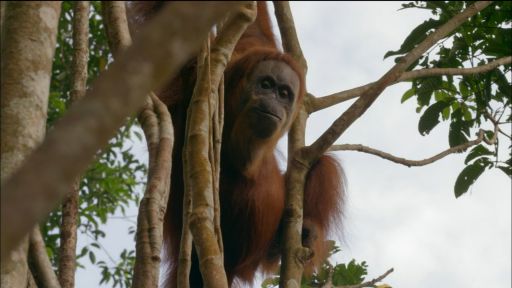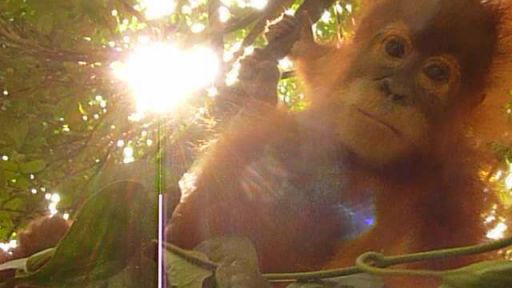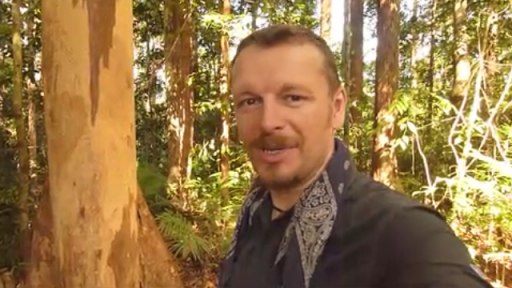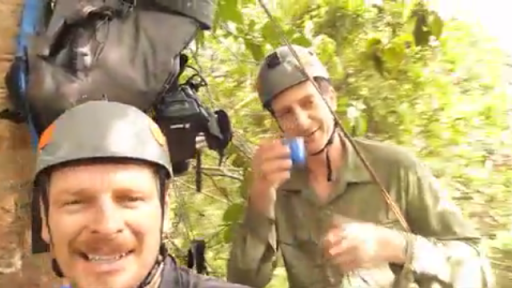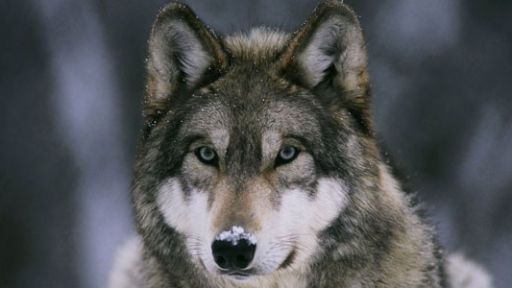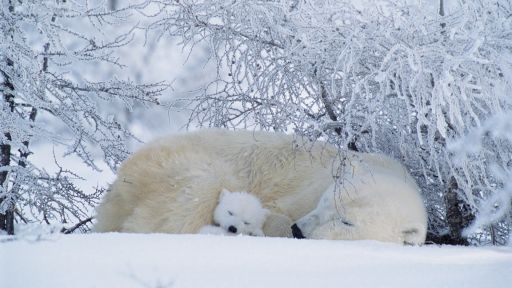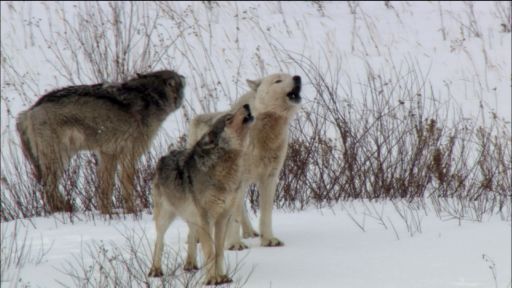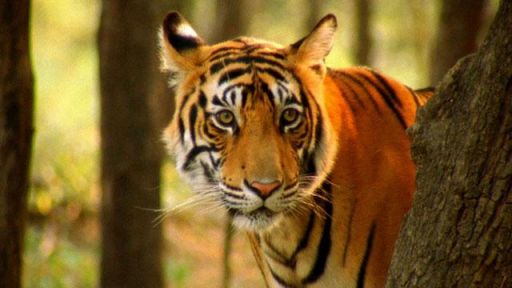Ecologist Chris Morgan travels to the jungles of Northern Sumatra to document the work being done to save its population of wild orangutans. Asia’s most intelligent ape once roamed across the Indonesian islands of Sumatra and Java, but today, fewer than 7,000 Sumatran orangutans remain in the wild. The film cites rapid deforestation — clearing the land for vast palm oil plantations — as the chief reason for the species’ declining population.
But as Morgan shows, conservationists are trying to reverse that trend by teaching orphaned orangs the survival skills they’ll need for release back into the jungle. He also accompanies researchers deep into a remote and protected peat swamp forest to study wild orangutans up close to learn about their culture and behavior.
The program follows Morgan as he visits a quarantine center that is a temporary home to around 48 orangutans who have either been rescued from logged land or confiscated from the pet trade. More than half are under five years old and would still be nursing in the wild, so the staff act as surrogate mothers. Many orangs have lost their mothers who were often beaten to death so their babies could be taken away. Morgan meets orphans who need time to regain their strength as well as others who have begun climbing and learning survival lessons as they start to bond with each other. He’s also introduced to the center’s most recent graduate, Udin, who will soon be released back into the wild after three years in rehabilitation.
In order to understand what survival skills need to be taught to the orphans, Morgan accompanies University of Zurich researcher Caroline Schuppli on one of her frequent but difficult treks to study the habits of a family of wild orangutans. Her research subjects live in a remote forest known as Suaq Balimbing in the heart of the Leuser Ecosystem. Morgan waits and listens for the arrival of orangs with Schuppli. The sound these arboreal red apes make as they move effortlessly through the forest canopy makes them much easier to hear than see. They live almost entirely in the canopy, dependent on the trees as sleeping quarters and transportation, as well as their main source of food and safety.
Because Suaq is home to the densest population of orangutans on earth, Schuppli explains that these normally solitary apes have learned to be unusually social. Not only do young orangutans absorb everything they need to know from their mothers, but they also get the opportunity to watch and learn from others. This additional input may determine how smart they become as adults. As Morgan observes, this population is the only tool-using orangutan culture on earth.
The program concludes with Morgan joining conservationist Dr. Ian Singleton, director of the orphan center, as his team relocates recent graduate Udin to a reserve on the northern tip of Sumatra. Its inaccessibility makes it the perfect place for orangutans to thrive. Udin will join other orphans already released here, familiar faces from the orphanage. They are all pilgrims, the founding fathers and mothers of a new orangutan Eden, the hope for the future of the species.


